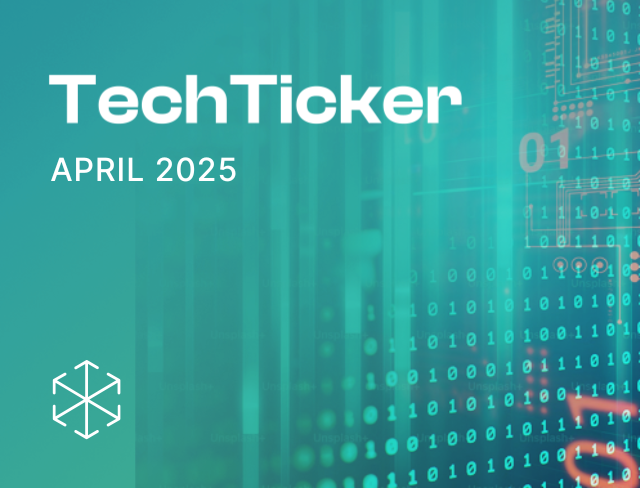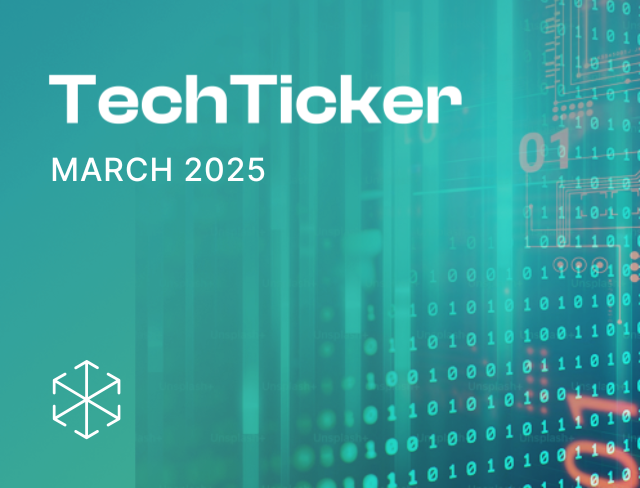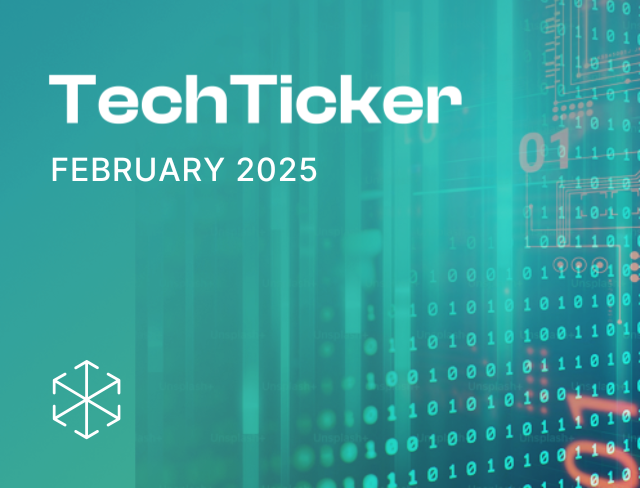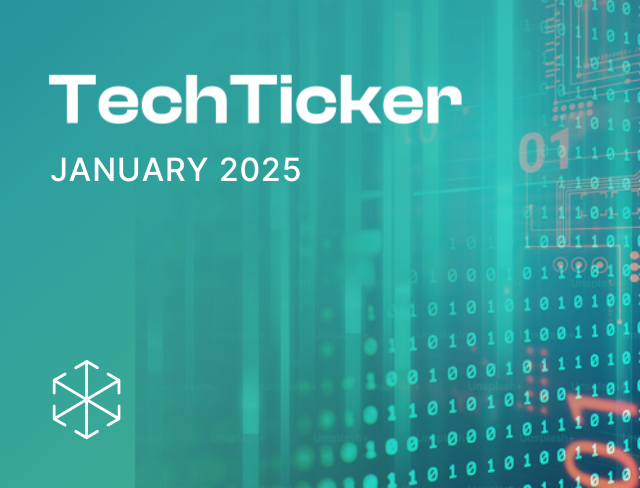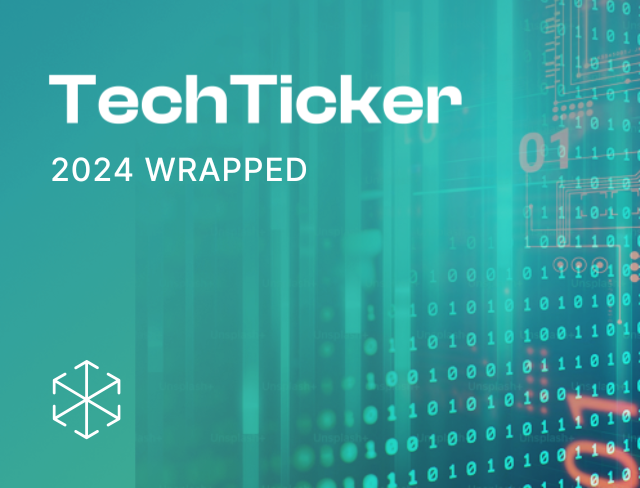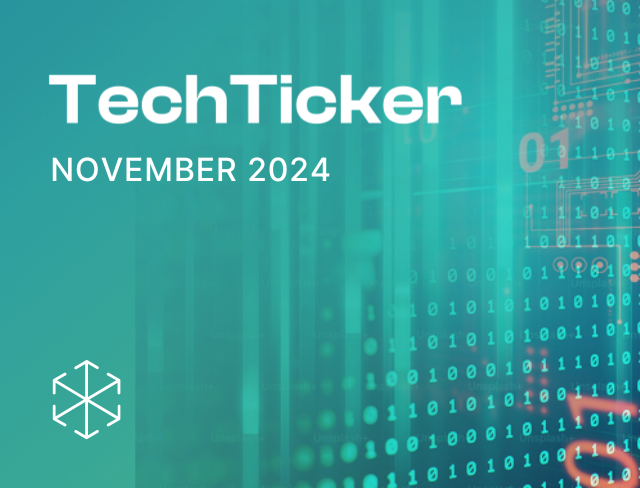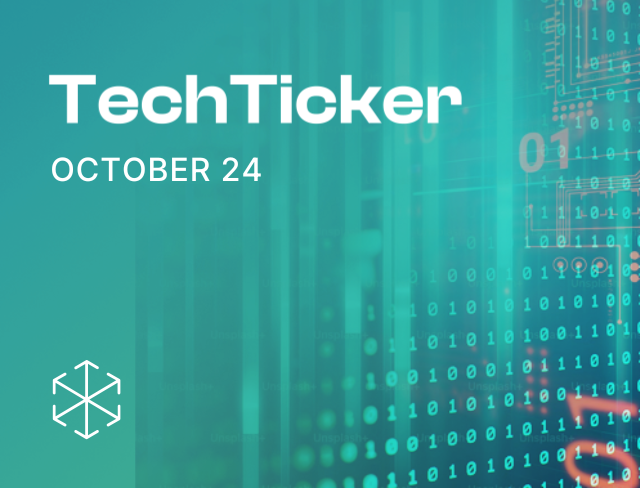Hello! Here is your monthly rundown of all things tech-law and policy from India and around the world.
Spotlight
India along with other countries acknowledged the importance and accompanying challenges of free flow of data at this year’s G20 leaders’ summit. The countries also promoted the G20 AI principles floated in 2019. The principles focused on countries committing to transparency and explainability, accountability, sustainable development, and inclusive growth to develop AI. The G20 leaders endorsed the base erosion and profit shifting action plan proposed by the Organization for Economic Cooperation and Development (OECD), which focused on tax avoidance strategies adopted by multinational entities (read our analysis of the OECD proposal, here).
The department of space (DoS) released the draft space-based remote sensing policy of India for comments. The DoS intends to open up the private remote sensing industry in the country, facilitate easy access to satellite based remote sensing data, and provide a responsive regulatory environment for the commercial Indian industry to set up remote sensing systems. Earlier, the DoS had also released the draft space communication policy to monitor and authorise satellite communication to and from India, and promote private satellite communications industry, among other things (read our comments on the space communication policy to the DoS, here).
Meanwhile, the department of economic affairs, ministry of finance solicited comments for the union budget 2021-22. In this year’s union budget speech, technology featured as an important cross-cutting theme, where finance minister Nirmala Sitharaman proposed to set up data centre parks in India for the private sector to incorporate data in every step of the value chain.
In other news, the department for promotion of industry and internal trade (DPIIT) approached the Reserve Bank of India (RBI), ministry of electronics and information technology (MeitY), and ministry of consumer affairs to discuss the second draft of the e-commerce policy. The policy is likely to address issues related to data, consumer protection, digital payments, and e-commerce imports and exports. The DPIIT wants to ensure that the policy does not overlap with legislations on these issues. The first draft released in 2019 was not implemented due to criticism from various quarters. A revised draft surfaced in July 2020, which proposed a separate regulator with powers to seek information and impose penalties on e-commerce entities.
Data governance
The Joint Parliamentary Committee (JPC) examining the draft personal data protection bill reportedly wants to expand the scope of the bill to include non-personal data as well. Reportedly, the JPC has discussed and adopted more than 50 of the 98 clauses of the bill without much opposition. This comes after the JPC was criticised of rushing through the process of consultation with all the stakeholders and kickstarting a clause-by-clause analysis of the bill.
In a bid to transform India into a global data centre hub, the MeitY issued the draft data centre policy for feedback. The policy addresses structural and regulatory issues in setting up data centres, investment promotion, incentivization mechanisms, and an institutional governance mechanism.
Artificial intelligence
Earlier in 2020, the NITI Aayog released a proposal towards responsible #AIforAll for comments, which set out principles to regulate the responsible and ethical use of AI technologies in India. Continuing this consultation, the Aayog has now released a working document called enforcement mechanisms for ‘#AIforAll’ for feedback. It recommends creating an oversight body to regulate the AI ecosystem in an advisory capacity. Among other functions, this body may develop guidelines, rules, and standards to regulate the use of high-risk applications of AI by both private and public sector entities.
Digital media, online content, and intermediary liability
The ministry of information and broadcasting (MIB) will now have a say over audio-visual digital content, films and online news. Earlier, the MeitY administered online content under the Information Technology Act, 2000 (IT Act). The move will reportedly demarcate responsibilities between both the ministries, with the MeitY retaining control over data, and the MIB having power over content-related issues on online platforms. Reportedly, the government is also looking to amend the IT Act to regulate the metadata collected and algorithms deployed by OTT and digital news platforms.
Meanwhile, Prakash Javadekar, information and broadcasting minister indicated that the government did not intend to censor content on OTT platforms, but was concerned about some of the content being exhibited. Highlighting the absence of a self-regulatory code in the OTT space, he said that the government was deliberating ways to filter and monitor online content. 17 streaming platforms had signed a self-regulatory code for curated content, which the MIB refused to support.
Fintech
The National Payments Council of India (NPCI) announced a cap of 30 % on the total volume of transactions processed by third party app providers using Unified Payment Interface (UPI). Existing service providers like PhonePe and others who may exceed this cap have two years from 01 January 2021 to comply with this directive. The move is reportedly aimed at addressing the risks associated with the growth of UPI ecosystem in India.
Also, entities applying for a new umbrella entity license sought clarifications from the RBI on interoperability between their systems and those created by the NPCI, and chances of umbrella entities getting access to the NPCI’s UPI infrastructure, among other things. The umbrella entity framework will allow a company to set up and operate a pan-India retail payments network like the NPCI operates UPI.
New at Ikigai
In line with India’s Atmanirbhar Bharat policy, the ministry of defence introduced several proposals to boost self-reliance in defence manufacturing, including a new Defence Acquisition Procedure (DAP). Kruthi and Anirudh explored the challenges that India could face in its pursuit of self-reliance and offered suggestions to overcome them, and authored an explainer on DAP.
Ratul and Aparajita unpacked the role of account aggregators that enable financial data to flow between parties to create customised financial products (read our earlier piece on the account aggregator framework, here).
As the government revealed its intention to amend the Copyright Act, 1957, Osho and Aman examined the potential areas of amendments, including statutory licensing, digital streaming, gaming, and AI generated works.
Our team unravelled the journey of e-pharmacies in India, and advised Pixxel Space (an Indian space tech startup) in contract negotiations for its upcoming satellite launches aboard a SpaceX Falcon-9 and a Russian Soyuz space craft. In other work, Kruthi decoded the new cryptocurrency regulations and licensing regime introduced in Singapore, while Gargi and Nehaa analysed big data driven mergers in the backdrop of the U.S. anti-trust laws, and assessed the ongoing discussions and policy responses to regulate big tech platforms.
See you on the other side of 2020!

